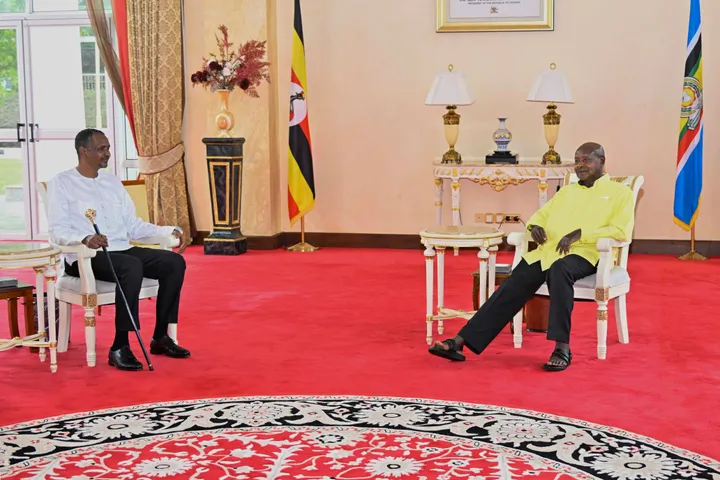Conservative businessman Nayib Bukele took office Saturday as president of El Salvador, tasked with turning around grinding poverty and rampant gang violence that are sending thousands fleeing to the United States.
Bukele was sworn in by the speaker of the National Assembly in a square in downtown San Salvador, as a large, boisterous crowd applauded and shouted "We did it!"
The telegenic Bukele, 37, was elected in February to succeed Salvador Sanchez Ceren, a leftist former guerrilla who maintained close relations with his Nicaraguan and Venezuelan counterparts.
Bukele has said he will seek closer ties with the United States, home to 2.5 million Salvadorans.
With only 6.6 million people living in the small Central American country, its fortunes are closely linked to the United States which nearly a third of its citizens call home.
"I will be the president of all Salvadorans," Bukele pledged.
"Our country is like a sick child, we all have to take care of it."
US President Donald Trump, who has railed against the waves of migrants flooding into his country from El Salvador as well as Honduras and Guatemala, wished Bukele well on Twitter.
"Congratulations President Bukele on your inauguration! The United States stands ready to work with @NayibBukele to advance prosperity in El Salvador and the hemisphere," Trump said.
Official estimates indicate an average of 200 Salvadorans leave the country per day to enter the United States without documents.
Some analysts have called Bukele a millennial president: above all because he is at ease on social media, but also because he often adopts a casual appearance, ditching a tie and wearing his hair in a ponytail.
Critics say Bukele, former mayor of the capital San Salvador, is light on policy and substance.
He has said a priority of his five-year term is cracking down on gangs that recruit young people into their ranks, while profiting off drug trafficking and extortion.
El Salvador last year tallied 3,340 homicides. That was 15 percent less than in 2017, but still amounted to a rate of 51 killings per 100,000 inhabitants, making it one of the world's most violent countries not at war.
The fearsome gangs, with an estimated 70,000 members, are blamed for much of the violence.
The son of a Muslim imam and a Christian, Bukele describes himself as believing in God rather than an adherent to a religion, an apparent effort to steer clear of any anti-Muslim sentiment.
Delegations from 83 countries attended Bukele's swearing-in.
The United States was represented by Commerce Secretary Wilbur Ross.























